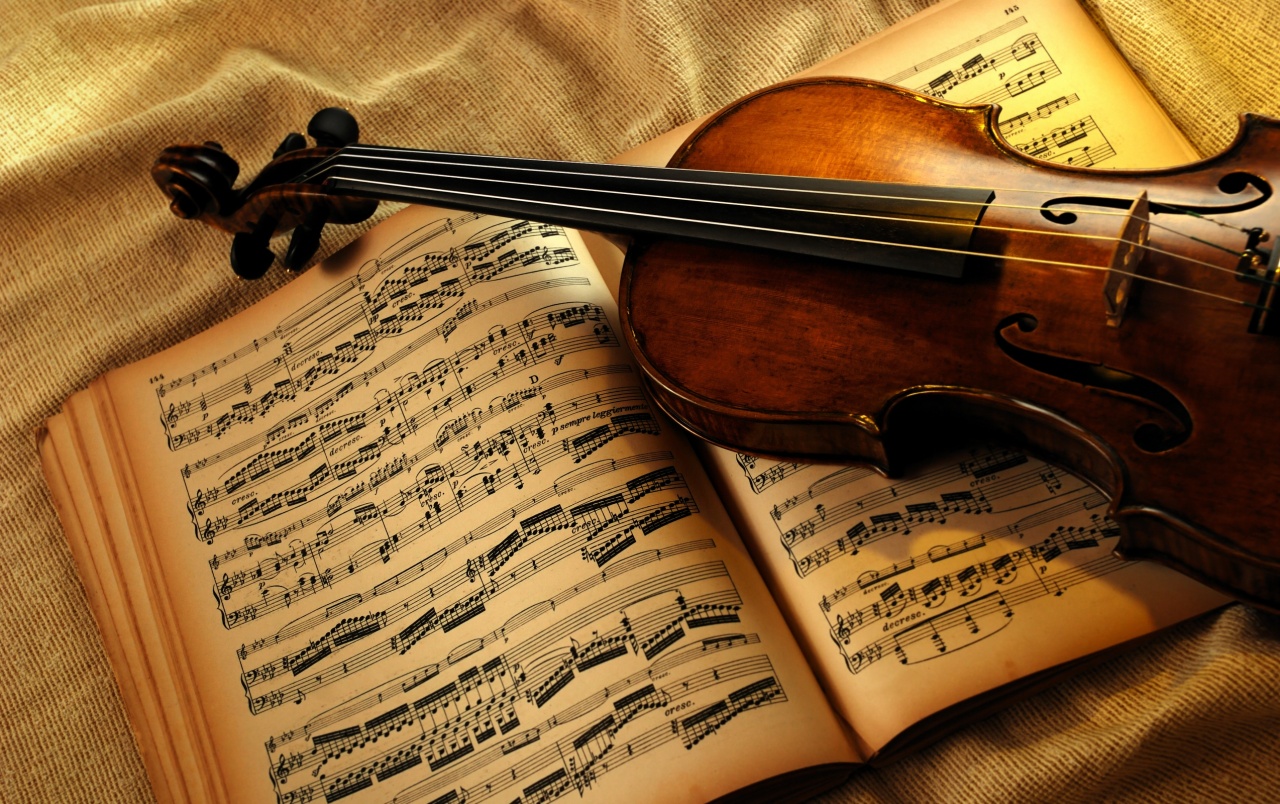
History Of Music in Germany
It’s well known that one of the most important places in the world for music is Germany in many ways. The world was very different a few hundred years ago, and music wasn’t as universal so the place where you came from as a musician mattered even more than it does now. Germany became the land of magnificent composers that not only helped define the identity of a nation but the identity of mankind as we know it.
It sounds quite grandiose, but as a matter of fact, that’s what Germans were all about.
German Origins

Interstingly enough, the history of music in Germany dates back to 1100s with Hildegard, a nun and Christian mystic. She composed some of the oldest known German music and it was quite good. “Ordo Virtutum” was her most famous work and it is still being played everywhere in the world.
After that the big names never stopped, Johann Sebastian Bach who wrote a good amount of music including the “Toccata and Fugue in D Minor,” which is one of his most famous pieces for the organ and the cantata “Herz und Mund und Tat”.Then there is Johannes Brahms who composed his “Third Symphony” in Wiesbaden, and Wagner worked on his opera “Die Meistersinger of Nürnberg” (The Mastersingers of Nuremberg) in a nearby villa on the Rhine River and obviously “The Flight of the Valkyries”.
There are many more, but there is a lot of story to tell as well.
Kraftwerk

Germany was also the home of a band that helped synthesizers take over the world, this band was Kraftwerk. Giving a real meaning to electronic music, Kraftwerk brought something new to the table with strange sounds at a time when most bands were all about rock, blues, jazz and disco music.
In an interview with Trebuchet, Alexei Monroe asked writer Uwe Schütte, author of “Kraftwerk: Future Music from Germany”:
You stress that Kraftwerk saw the (1970s) present as a void and that they wanted to create a more positive future from lost pasts (Bauhaus, Constructivism et. al.). Could you say a little more about this void and is this not relevant to our own time?
The 1970s were the years of my childhood, so when listening to Kraftwerk now and reading their interviews retrospectively, it resonated with my memories of that period – the first video games (like Pong), the Baader-Meinhof terrorist scare (which is a theme in Computerwelt) or [a few years later] the advent of was called BTX at the time [the BTX/Bildschirmtext phone/terminal communication system launched in 1982]. When I look back now as an historically educated/informed adult, I view that period in German history as a sort of paradise: social democratic rule under Chancellor Willy Brandt, social reform and liberalisation, better relations with East Germany and the communist bloc, modernisation of the education system, particularly the universities and so on. Both my parents have no formal qualifications, my mother is a refugee from Slovenia, my father an unskilled worker – yet I made my Abitur (A levels equivalent), went to university and became an academic in the UK.
But Kraftwerk, that is to say Ralf Hütter and Florian Schneider, were a generation older than me, they saw their present as a continuation of the Nazi past, and their intention was to build a way, artistically, to arrive at a better future, a better Germany than the horrible Nazi past in the aftermath of which they grew up. Hence their recourse to lost pasts cut short by the Nazis, as a way to construct a new, untainted sense of German identity. And it is that vision which I believe is very important today, at a time when we see the world crumbling around us: global warming, right wing populism, digital surveillance and the sordid rest…
Beyond Music
This trend of incredible musicians didn’t stop, and one of the most well known musicians is actually working on big movie scores, you’ve probably listened to his work. Hans Zimmer is a master of soundtracks having worked in films like The Dark Knight, Inception, Blade Runner 2049 and many others, he not only has the spark of a great composer, but he also manages to use all of the tools and technologies that are at his disposal.
While today it almost seems like it doesn’t matter where you come from in music, the roots exist, and knowing about them is something that will make musicians understand how it all came to be in the large picture, in this case, Germany had a big part to play in the history of music.
